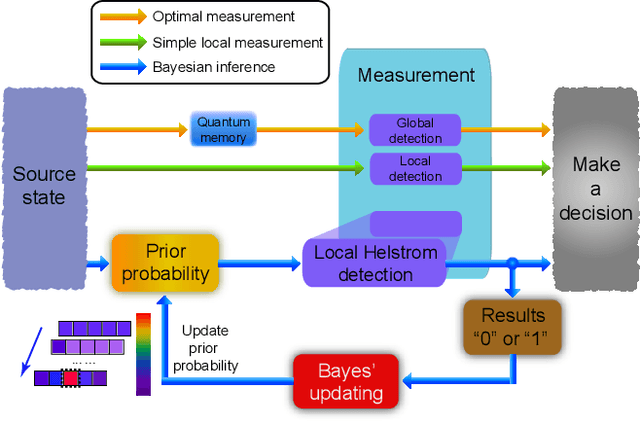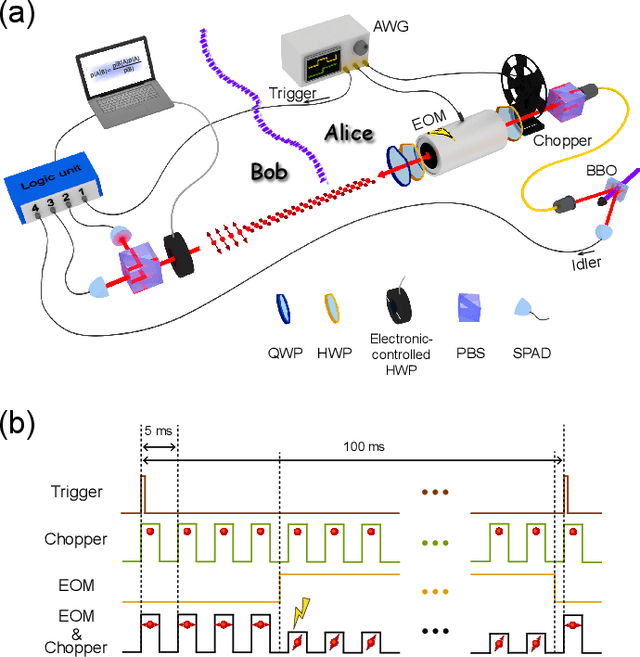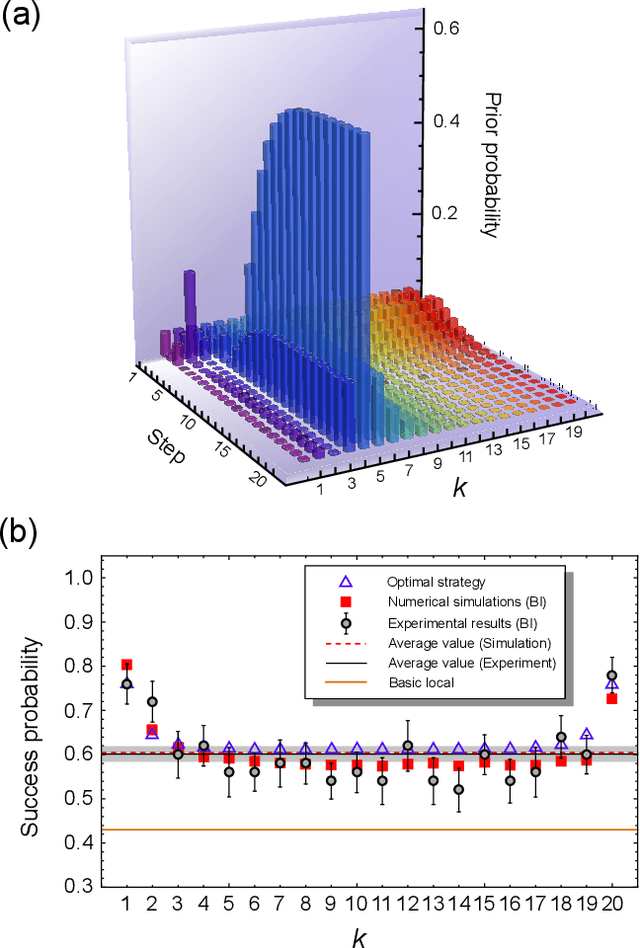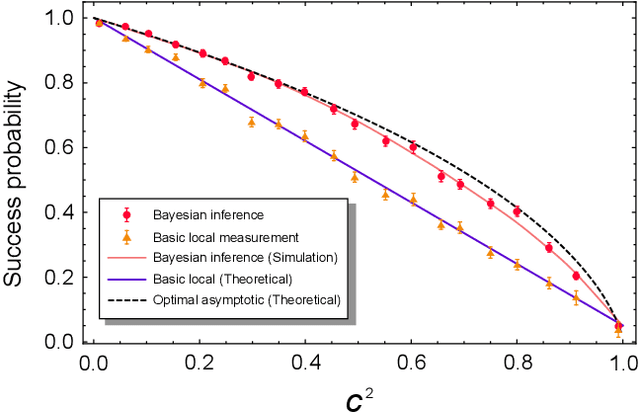Shang Yu
Henry
Quantum Computing for Climate Resilience and Sustainability Challenges
Jul 23, 2024


Abstract:The escalating impacts of climate change and the increasing demand for sustainable development and natural resource management necessitate innovative technological solutions. Quantum computing (QC) has emerged as a promising tool with the potential to revolutionize these critical areas. This review explores the application of quantum machine learning and optimization techniques for climate change prediction and enhancing sustainable development. Traditional computational methods often fall short in handling the scale and complexity of climate models and natural resource management. Quantum advancements, however, offer significant improvements in computational efficiency and problem-solving capabilities. By synthesizing the latest research and developments, this paper highlights how QC and quantum machine learning can optimize multi-infrastructure systems towards climate neutrality. The paper also evaluates the performance of current quantum algorithms and hardware in practical applications and presents realistic cases, i.e., waste-to-energy in anaerobic digestion, disaster prevention in flooding prediction, and new material development for carbon capture. The integration of these quantum technologies promises to drive significant advancements in achieving climate resilience and sustainable development.
Experimentally detecting a quantum change point via Bayesian inference
Jan 23, 2018



Abstract:Detecting a change point is a crucial task in statistics that has been recently extended to the quantum realm. A source state generator that emits a series of single photons in a default state suffers an alteration at some point and starts to emit photons in a mutated state. The problem consists in identifying the point where the change took place. In this work, we consider a learning agent that applies Bayesian inference on experimental data to solve this problem. This learning machine adjusts the measurement over each photon according to the past experimental results finds the change position in an online fashion. Our results show that the local-detection success probability can be largely improved by using such a machine learning technique. This protocol provides a tool for improvement in many applications where a sequence of identical quantum states is required.
 Add to Chrome
Add to Chrome Add to Firefox
Add to Firefox Add to Edge
Add to Edge